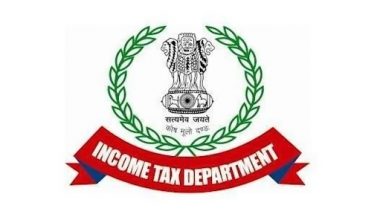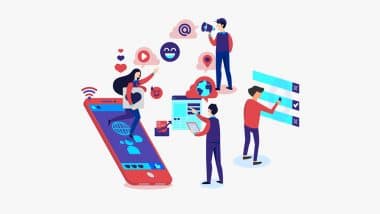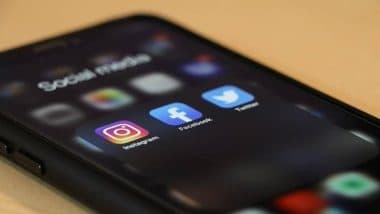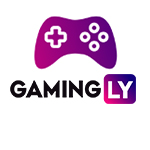In a recent interview, the founder Of MyCutTv, Indi Wijay, revealed how difficult it could be to be a content creator in 2021. He described how many creators are "hustling but not happy" because luck, more than hard work, contributes to an influencer's success. Wijay's interview pulled back the curtain on content creation, which many view as a surefire way to become rich and famous.
What many aspiring content creators fail to realize is how time-consuming it is not only to create original content but to promote themselves. Some successful influencers have been open about how frustrating it is, revealing that what seems like a glamorous job that anyone can do is far from a sure thing. It often seems like success is based more on luck than creativity or hard work. As a result, very few people become famous influencers. Instead, thousands of people have thrown their hats in the ring only to quickly realize that becoming an influencer is not for them.
For those content creators who do work their way up the ranks, the climb is grueling. They often spend time promoting brands free in hopes that it will someday pay off. In the meantime, everyone still has a mortgage or rent to pay. Few newbie influencers can afford to quit their day jobs, lest they find themselves unexpectedly in debt or without a place to live.
It can take years to become successful enough to qualify for those advertising, influencer marketing, and other affiliate programs that potentially make being a content creator rewarding. Youtube, for example, requires influencers to have 4,000 viewers over the last 12 months and 1,000 subscribers before they can join the Partner Program. Requirements like these are common. Creators must build their networks before they can even consider getting paid. They may really be today's starving artists.
Even those content creators who do rise to the top, gaining hundreds of thousands or even millions of followers, find their positions are both precarious and lonely. That's due entirely to the way that current content and social media platforms are set up. There is little room at the top, and the fall is long. Content creators cannot afford to let down their guard and must view other creators as competition, leading to severe insecurity. For example, an influencer can spend dozens of hours filming and editing videos to upload to Youtube, but the wrong choice of thumbnail may thwart any chance of success as viewers head to other videos.
Influencers must remain cognizant of the ever-changing rules of the platforms on which they post and through which they earn money. Youtube is notorious for de-listing videos that didn't previously violate any rules. Creators must be careful when addressing topics such as human sexuality, nudity, or even breastfeeding; otherwise, their content--or even entire accounts--may be removed for being obscene. Influencers can sometimes appeal these decisions, but the process may be arduous, especially when that time is better spent creating and promoting new content.
Popular creators are also targets for hackers. Sometimes accounts are reinstated quickly. In December 2020, TikTok star Dixie D'amelio's had her account hacked by a group suspected of targeting influencer Twitter accounts. Fortunately, TikTok reinstated the suspended account after less than a day, but this isn't always the case. As influencers try to find the right people to contact and prove their identities, they may lose the opportunity to post new content, get views, and interact with fans.
The brighter the spotlight shines on content creators, the more easily it casts judgment on their actions. Consider how beauty influencer James Charles, who made $2.5 million on Youtube alone in 2020, has been steadily demonetized over the past year after allegations of improper sexual communications with minors came to light. They say it's impossible to delete content from the Internet, and earning enough celebrity can encourage people to sift through content to find perceived infractions, even if they happened years or decades in the past.
However, content creation doesn't have to remain a miserable hustle. Wijay's own MyCutTV offers one possible solution. Wijay designed the ad-free platform to reward influencers for their hard work. In fact, Wijay developed this idea after considering how his own children, both teenaged athletes, would soon become college athletes. Many may not realize that college sports ban athletes from being paid; scholarships can only cover the cost of school. However, Wijay recognizes that these athletes will soon become better known, while many garner a considerable fan base. For the first time ever, MyCutTV would allow college athletes to monetize their content and reap financial gain for their dedication to their education, sport, and dedication.
Of course, this new platform isn't solely for athletes. They are just one example of hard workers who have been failed by current systems, including the technology creators rely on to earn money. For example, Wijay commented in his interview that the app can be helpful in a pandemic induced world when some people cannot go to work. He further mentions how non-profit organizations could benefit from apps like his. Wijay even views his platform as a source of micro-funding for businesses that may not qualify for bank loans.











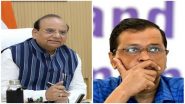


 Quickly
Quickly










